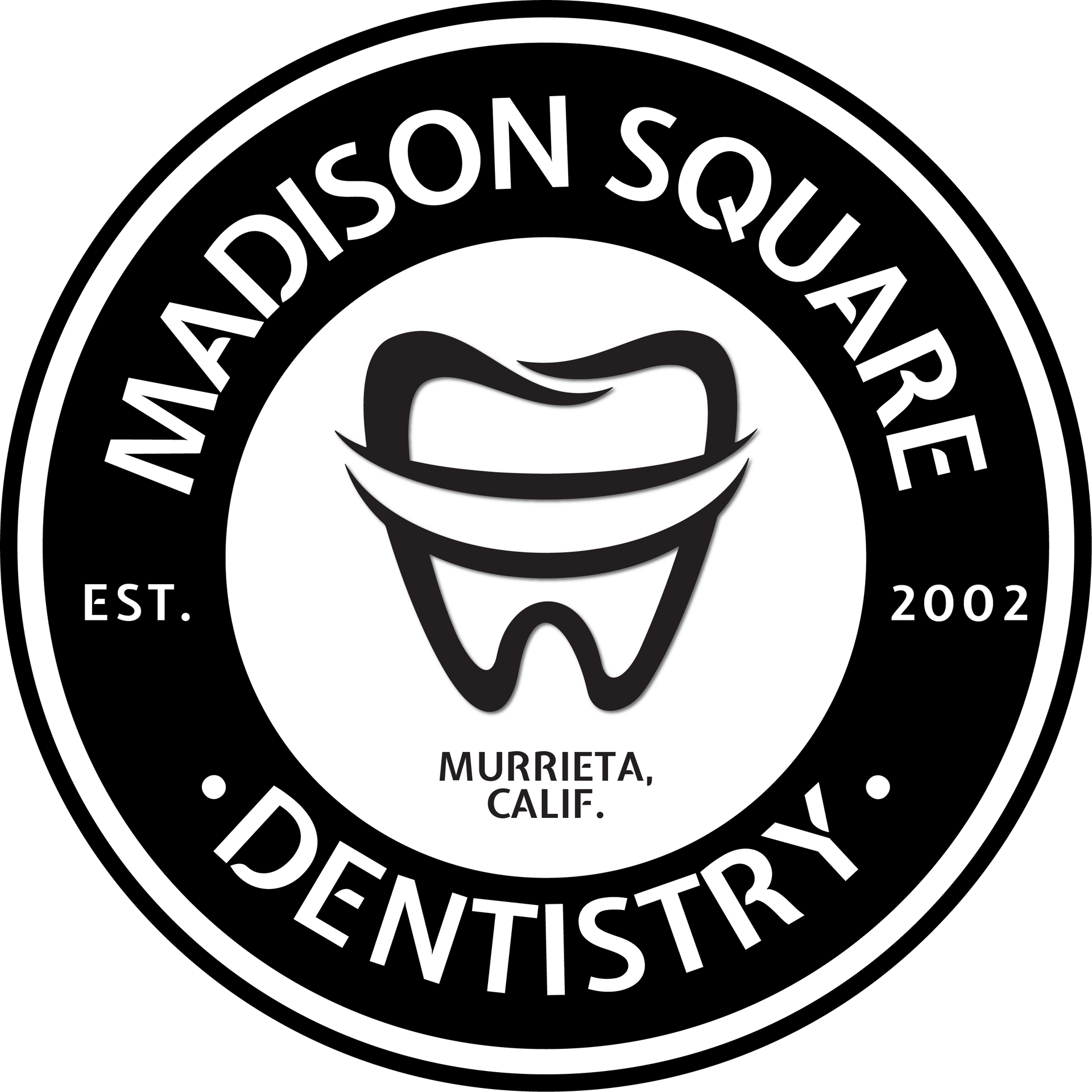5 Questions to Ask Your Local Dentist at Your Next Visit
By Dr. Thang Do | September 25, 2025
Going to the dentist isn’t just about cleanings and x-rays — it’s a great opportunity to have a conversation about your overall oral health. Too often, patients sit in the chair without asking the questions that could lead to better dental care and even long-term savings. Whether you’re someone who goes every six months or it's been a while since your last appointment, preparing a few thoughtful questions ahead of time can help you get the most out of your visit.
In this post, we’ll explore five valuable questions you should ask your local dentist during your next appointment. These questions can help you understand the condition of your teeth and gums, clarify any concerns, and plan proactively for your future dental health.
1. What’s the Current State of My Oral health?
It may seem like a basic question, but it’s often overlooked. Your dentist will usually tell you if something’s wrong, but asking about your overall oral health invites a more comprehensive explanation. This includes discussing your gums, enamel strength, bite alignment, and whether there are signs of conditions like bruxism (teeth grinding), gum disease, or early decay.
Many dental issues can exist without pain or visible symptoms. For example, early gum disease or microscopic enamel erosion may not show up in ways you’d easily notice at home. Asking your local dentist this question opens the door to a more thorough discussion about preventive care, your brushing technique, and whether any changes to your daily routine are needed.
Don’t be afraid to follow up with more specific questions, like: “Are there any warning signs I should watch for?” or “How does my oral health compare to six months ago?” The answers can guide you toward better habits and catch potential problems before they become expensive procedures.
2. How Can I Improve My Brushing and Flossing Habits?
Most people think they know how to brush and floss properly — but the reality is, technique matters more than frequency. Asking this question shows your dentist you’re proactive, and they can provide you with tips that are personalized to your dental condition.
For instance, if you have areas with receding gums, your dentist might recommend using a softer toothbrush or a different angle while brushing. If you have crowded teeth or tight spaces, they may suggest switching from standard floss to a water flosser or dental picks. Small adjustments like these can make a big difference.
In some cases, your local dentist may demonstrate proper techniques or recommend helpful tools like interdental brushes or tongue scrapers. Remember, the goal isn’t just to prevent cavities — it’s to maintain a healthy mouth ecosystem that supports your overall well-being.
3. Am I at Risk for Tooth Loss, and How Can I Prevent It?
Tooth loss isn’t just something that affects older adults. Many people are surprised to learn they may already be showing signs of potential tooth loss, such as gum disease, bone loss, or weakened roots. Understanding your personal risk factors is essential, and your dentist can help you assess them.
According to the World Health Organization (WHO), the global average prevalence of complete tooth loss is nearly 7% among people aged 20 and older. That’s a surprisingly high number considering how preventable many causes of tooth loss can be.
In its early stages, tooth loss risk often goes unnoticed — you might not feel pain or see visible signs until significant damage has occurred. That’s why asking your local dentist about your current risk is so important. They can evaluate not only your teeth and gums, but also your bite alignment, jawbone density, and habits that may contribute to long-term deterioration. Early intervention makes a significant difference when it comes to preserving your natural teeth.
If your dentist mentions early gum disease, loose teeth, or deep pockets around the gums, it’s a sign you should take extra precautions. Ask what specific steps you can take to reduce your risk. This may include more frequent cleanings, using medicated rinses, or even adjusting your diet to avoid foods that promote plaque buildup.
This is also a good time to bring up any family history of dental issues. Genetics can influence your susceptibility to gum disease, enamel wear, and other conditions.
4. Are There Any Cosmetic or Restorative Treatments I Should Consider?
Even if you don’t have any pain or pressing concerns, it’s worth asking your dentist about possible improvements. Cosmetic and restorative dentistry go beyond appearance — they can also improve function and prevent future problems.
For example, if you’ve lost a tooth or have an old filling that’s beginning to break down, your dentist might recommend a crown, bridge, or implant to restore full bite function. Or, if you’ve always been self-conscious about your smile, they may walk you through options like whitening, veneers, or orthodontic treatments such as clear aligners.
Asking this question doesn’t mean you’re committing to any procedures. It simply gives your local dentist the chance to share opportunities for improvement that could enhance your quality of life. Some cosmetic issues, like minor chips or stains, can be treated quickly and affordably.
If finances are a concern, be upfront. Your dentist might offer a long-term treatment plan that allows you to prioritize and budget effectively.
5. What Should I Do Between Visits to Stay on Track?
The time between dental visits is where most of the real work happens — it’s your daily habits that shape your oral health. But generic advice like “brush and floss twice a day” doesn’t always take your individual needs into account.
Ask your dentist what specific steps you should take based on your current condition. If you have enamel erosion, they may suggest avoiding acidic drinks or using a remineralizing toothpaste. If your gums bleed occasionally, they might recommend more targeted flossing or switching to an electric toothbrush.
You can also ask about diet, supplements, and habits like mouth breathing, grinding your teeth at night, or nail-biting. All of these can play a role in oral health — and most patients don’t think to bring them up.
Your local dentist may also recommend a check-in timeline shorter than six months if you’re managing a specific condition, like periodontitis or orthodontic adjustments. Don’t assume the standard schedule fits everyone.
Your dental visits are about more than just getting your teeth cleaned — they’re a chance to have meaningful conversations that support your long-term health. By asking thoughtful, targeted questions, you show that you’re invested in your well-being, which helps your dentist provide more customized care.
Whether it’s understanding your brushing technique, learning about tooth loss risks, or exploring treatment options, every question you ask contributes to better outcomes. So, at your next appointment, go beyond the basics. Use the time wisely and have a real dialogue with your local dentist. You’ll leave more informed, more empowered, and better prepared to take care of your smile between visits.
If you're not sure where to start, jot down a few questions from this list or tailor them to your own concerns. Your local dentist is there to help — and the better you communicate, the healthier your smile will be. Ready to take control of your oral health? Schedule your next appointment with Madison Square Dentistry and get personalized answers from a team that truly cares about your smile.



Share On: